HOW TO KEEP REMOTE EMPLOYEES ENGAGED
PRIOR TO THE COVID-19 PANDEMIC, close to a quarter of the US workforce already worked remotely at least one day per week, and that number has shifted to 50% or more since the stay-at-home government orders from last March. According to Global Workplace Analytics, 80% of those with a job where at least half of what they do could be done remotely would like to continue working from home at least part of the time.
Furthermore, with so many senior leaders and management having experienced working from home full time over the past year, their perception of the remote work environment has changed, and more are open to allowing this hybrid workplace to continue, especially after seeing the financial benefits and improvements to morale. But how does an employer or supervisor decide who may continue working remotely and who should be at the organization's physical site? And how does one effectively monitor a remote workforce?
We’ve rounded up some of the most valuable guidance on managing remote employees from leading business advisors.
1. ACKNOWLEDGE CHALLENGES TO REMOTE WORK
There are plenty of factors that can make working from home especially challenging. Besides distractions from pets or other household members, newly remote employees may begin to feel a strong sense of isolation as a result of a lack of face-to-face interactions with their supervisor and teammates. Plus, these workers are often surprised to find that accessing information might require added time and effort to get the answers they need.
Although it’s preferable to have established remote-work policies and processes in place, in times of crisis or other rapidly changing circumstances, this level of preparation may not be feasible. Encourage employees to create a dedicated workspace at home and provide them with “rules of engagement” for when and how to communicate certain messages of varying urgency. During COVID-19, newly remote staff on average spent $194 on equipment and other supplies in the shifting work environment, so employers were forced to reconsider reimbursement policies to meet these workers’ needs. Employers should allow some flexibility, especially for those with changing childcare needs and parental responsibilities. Remember that the most important thing is that the work gets done and is of high quality.
2. SET CLEAR EXPECTATIONS
Working from home eliminated commuting from employees’ daily lives, which resulted in many employees starting their workdays earlier and ending later. Many are sourcing this time extension as the reason why so many are feeling burnt-out and less supported by their employers.
By establishing daily check-ins with their supervisor, workers develop a predictable routine and receive dedicated time where they’re able to voice their concerns and get feedback relating to performance. It’s important to empathize with their struggles and ask questions like “How is this remote situation working for you so far?” Managers should also model behavior around the hours that their employees work to help clarify their expectations and maintain a healthy work/life balance. Each employee has specific personal requirements, and supervisors should understand what they individually need to be productive, such as dress-code for example, while working from home.
Employers should clearly define the goals and desired results, then allow employees to help develop a plan of execution, which enhances creativity and gives them ownership. Make sure to connect everything back to the mission, ensuring everyone knows their purpose and the role they place in achieving success amid vast uncertainty and complexity. When deciding who works from home during the pandemic, listen to your employees as COVID-19 has impacted everyone differently.
3. TAKE ADVANTAGE OF TECHNOLOGY
Remote workers benefit from digital tools, such as video conferencing through Zoom or Google Hangouts, that give participants many of the visual cues that they would have if they were face-to-face. Accordingly, there are circumstances when quick collaboration is more beneficial to the task at hand and its urgency, which is where instant messaging (IM) tools like Slack come into play.
Furthermore, more employers are keeping an eye on remote workers through the use of
monitoring technologies. These are obviously subject to a variety of federal and state privacy laws, but tools like this can help track computer/phone usage and employee location, as well as ensure that remote employees are using approved data security practices. This type of software can give you great insight into how people are spending their time working from home and whether they may have too much/too little on their plates.
4. TRUST YOUR TEAM
Even with so much technology, employers must intentionally create a remote workforce atmosphere of engagement and genuine connection. Regular check-ins might limit the urge to micromanage remote teams. Thus, by setting expectations and rules of engagement, such as responding to emails within 24 hours or sticking to text messaging for urgent matters, employees are able to do their jobs effectively by meeting deadlines and communicating with a clear purpose.
5. PROVIDE OPPORTUNITIES FOR REMOTE SOCIAL INTERACTION
Besides allocating time at the start of internal calls for non-work-related catching up, employers should occasionally host virtual social events like pizza parties. While these types of events may sound artificial or forced, proven research from experienced managers of remote workers reports them as successful in lifting spirits and increasing motivation.
6. CELEBRATE SUCCESSES
Be on the lookout for opportunities to celebrate work milestones, promotions, and/or community recognition as would naturally occur in the office. This effort will help to develop a culture that inspires connection and encourages support for one another’s achievements.
If you're looking for quality remote employees, please don't hesitate to contact Delta to find out how we can help.




